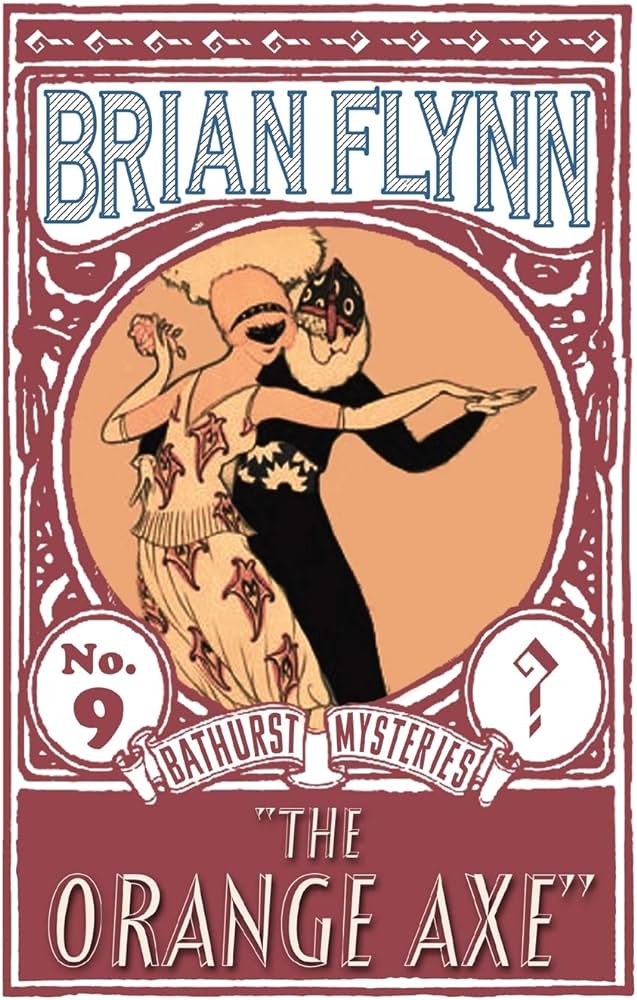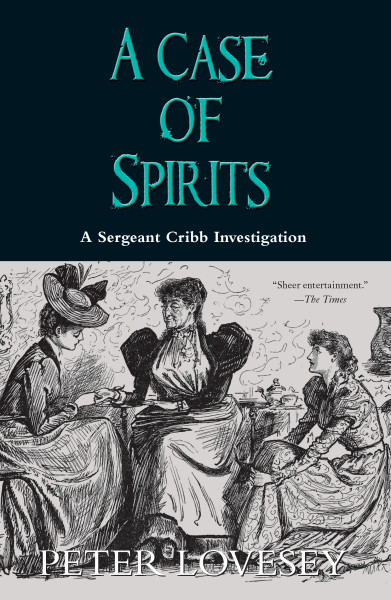
Originally published in 1980
Gilbert Averell, though he is neither a tycoon nor a pop star, is avoiding some of the rigors of British taxation by living for part of the time in France. But he is unhappy about the number of weeks in every year that he has to spend in exile from his native land. So he falls for his insouciant friend Georges’s suggestion that, as they look much alike, they should exchange passports for a short spell, thus enabling Gilbert to have an illicit week in England under his friend’s name – while Georges (who bears the title of Prince de Silistrie) takes a jaunt to Italy with Gilbert’s passport.
Is the offer made in simple friendship or is Georges up to something? And why does Gilbert’s sister Ruth make such a strangely uncommunicative phone call from England? And why does the importunate M. Gustave Flaubert attach himself to Gilbert so determinedly during the flight from Paris? And why have two nasty attempts already been made to murder Gilbert’s seemingly quite harmless nephew Tim?
Going It Alone marks my sixth encounter with the works of Michael Innes (assuming we don’t include the Disney movie adaptation of Candleshoe), a writer who I have had a rather dynamic relationship with. For those who don’t recall, I began by reading two Appleby books that I disliked so thoroughly that I declared I would never read another book by the author. I then went back on my word several months later when I found an inverted mystery novel by the author that I liked so much that I regularly cite it as one of my favorite examples of the form. My subsequent forays into Innes’ work have fallen somewhere between these two extremes leaving me with little sense about how I feel about him beyond a general feeling that I seem to have little time for Appleby, his series sleuth.
Going It Alone is a standalone title that Innes wrote towards the end of his career. It seems to be little-reviewed – even Nick’s excellent Innes section on The Grandest Game in the World does not cover it yet though he has shared that he considers it to be a minor work. I, of course, picked it up expecting to find an inverted mystery – an error on my part, though I thought the central premise was promising enough that I decided to see it through to the end.
The central character of the book is Gilbert Averell, an aging Englishman who had inherited a small fortune from his city trader father and decided to live off the proceeds. To avoid having to pay British taxes on his income, Gilbert lives most of the year in France and is limited to visiting his English home and family for just a few weeks each year. This is a matter of great frustration for him and so when a friend of his, the Prince de Silistrie, suggests that they might exchange passports to allow him to visit more frequently he gives the matter serious consideration.
His mind is made up to take up the offer when he receives a telephone call from his sister seeking advice. He sets off for Britain but during the flight he finds that he has attracted the attention of another passenger who tries to tag along with him. Then upon returning to his home he gets caught up in a rather strange sequence of events involving his nephew.
Averell is an interesting choice of protagonist, in part because his decision to relocate abroad to avoid taxation may make him rather unsympathetic in some readers’ eyes. For those unfamiliar with the British taxation situation in this period, in 1974 an investment income surcharge raised the top rate to 98%. At the time Innes was writing the Thatcher government had already begun to reduce the personal income tax liabilities and the surcharge would be abolished five years later so the background to this book is specific to a very short period in British political history.
This isn’t so much of interest to me however as the idea that Averell is being used to explore some generational conflict. Much as Agatha Christie’s Passenger to Frankfurt had some things to say about youth culture (albeit rather clumsily), Innes similarly is interested in exploring this new generation of youth and their values. Where Christie saw youth as being dangerous, Innes is more sympathetic and recognizes that the change is not entirely for the worse. By throwing the aging Averell among a group of young people in the second half of the novel, we get to see not only the contrast but also the similarities between them.
Innes seems to recognize that counterculture, rather than showing a disinterest in society, can be an expression of care. While it may be misguided or ineffective, it was not inherently threatening, nor does it borne solely out of hedonism. In short, I regard Innes as optimistic rather than reactionary.
It should be pointed out though that while Innes explores some of these societal phenomena, his central characters are exclusively from a single stratum of British society (or rather, half of a stratum – while there are female characters they are literally all shipped off to Italy at one point in the story to get them out of the way). If there is a weakness to this thematic discussion it is that it does not incorporate alternative voices or perspectives. I suspect that it would also have meant that this book may have felt quite old-fashioned at the point when it was first published and may quite unintentionally benefit from being read as vintage fiction.
While the author’s penchant for literary allusion is on full display here, particularly in conversations between Gilbert and his nephew, the book is thoroughly readable and written in an entertaining and engaging style. It is not consistently funny enough to be described as a farce but it does contain elements of that style with some situations driven by misunderstandings as characters contrive to put themselves into some rather outlandish situations.
Those situations can, unfortunately, feel quite disjointed though it is entertaining enough to follow along and see how they will connect to one another. Structurally Going It Alone is not so much an exploration of an overarching mystery than it is a series of unlikely mysterious events, slightly complicated by the matter of the passports. The reader has little chance of predicting where this story is headed – it isn’t really set up to be clued in that way – but rather we watch things unfold and try to anticipate how the different strands of the tale with overlap and interact with each other. Accordingly I would suggest that it probably has more to offer thriller fans than detective fiction readers, though what passes for thrills here are decidedly low octane in nature.
Overall then I think I can agree with Nick that this is a minor work, though it is not entirely without charm. Innes is at least amusing and has something interesting to say about the way British society was changing at that time, even if I think he explores that topic with from a limited perspective. Still, it is a long way from the strengths of The New Sonia Wayward which remains my preferred Innes title by quite some distance.
The Verdict: The plot is loose to say the least and the crime elements are distinctly secondary concerns but Innes’ reflections on youth culture offer some interest.




Leave a comment